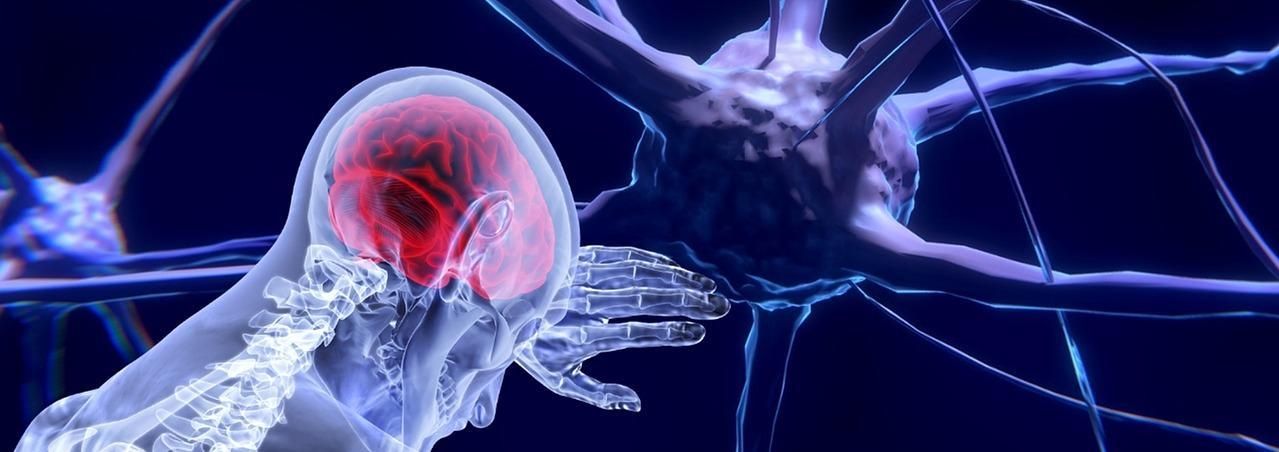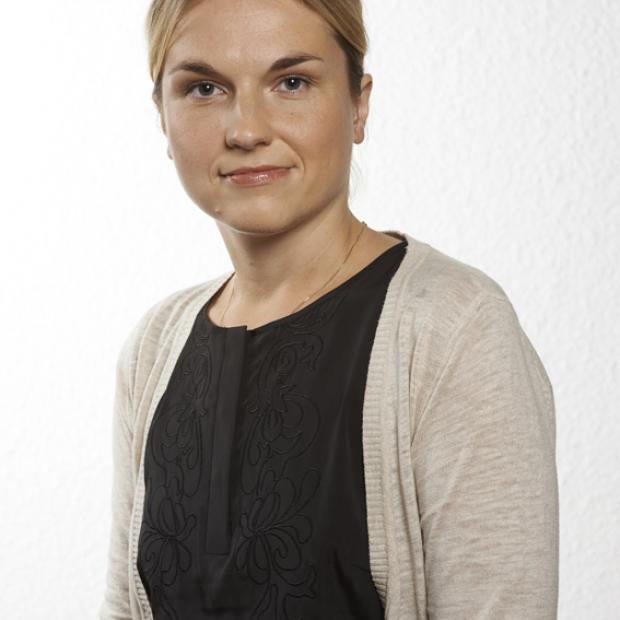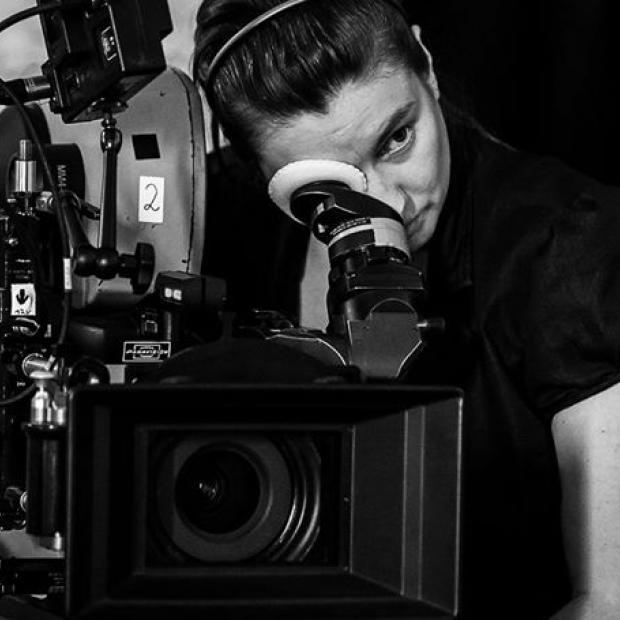Doctoral dissertation studies mathematical models of nerve cells
Sander Paekivi, a doctoral student at Tallinn University’s School of Natural Sciences and Health, has defended his dissertation in which he studied models of nerve cells to find formulas describing the behavioural patterns of cells.

Mathematical models have been used in neuroscience for over a century. Paekivi explained that mathematical models can provide information about the functions of nerve cells, which can then be compared through experiments. “Reduced systems are often more useful than the many detailed models that already exist, as they’re easier to solve and use in simulations,” he said.
The model in question explores the nerve cell as a capacitor that stores within itself a charge up to a certain threshold value. After reaching this threshold, the neuron fires an electric signal known as a nerve impulse. This impulse is directed to further neurons, letting the electric signal spread throughout the brain. Paekivi says that mathematical models allow us to examine the static properties of this output impulse.
More specifically, in his dissertation he studied a certain type of memory effect (temporary addiction from past states) and how it affects nerve cell behaviour.
Experiments have shown that memory effects of the exponential law type should play a roll in nerve cell behaviour. Paekivi’s dissertation confirms the importance of exponential law memory effects in generating nerve impulses, bringing to light previously unknown behavioural patterns in similar models, such as bursts of high-frequency nerve impulses.
In addition, the work contains information about the location of such neurons in the brain – in areas where neurons receive signals from at least two different dendritic trees. “These sorts of mathematical expressions of neuron statistics along with biophysical clues are rare and represent an important outcome of the dissertation,” Paekivi said.
The title of the dissertation is ‘The influence of memory on the spike generation for diffusion models of neurons’. The dissertation was defended on Friday 28 August. The dissertation’s supervisors were Tallinn University’s Professor Emeritus Romi Mankin and Associate Professor Astrid Rekker. Its opponents were Tartu University’s Professor Emeritus and visiting professor Teet Örd and the University of Sofia’s Professor Michail D. Todorov.
The dissertation can be accessed in TLU’s Academic Library environment ETERA.




